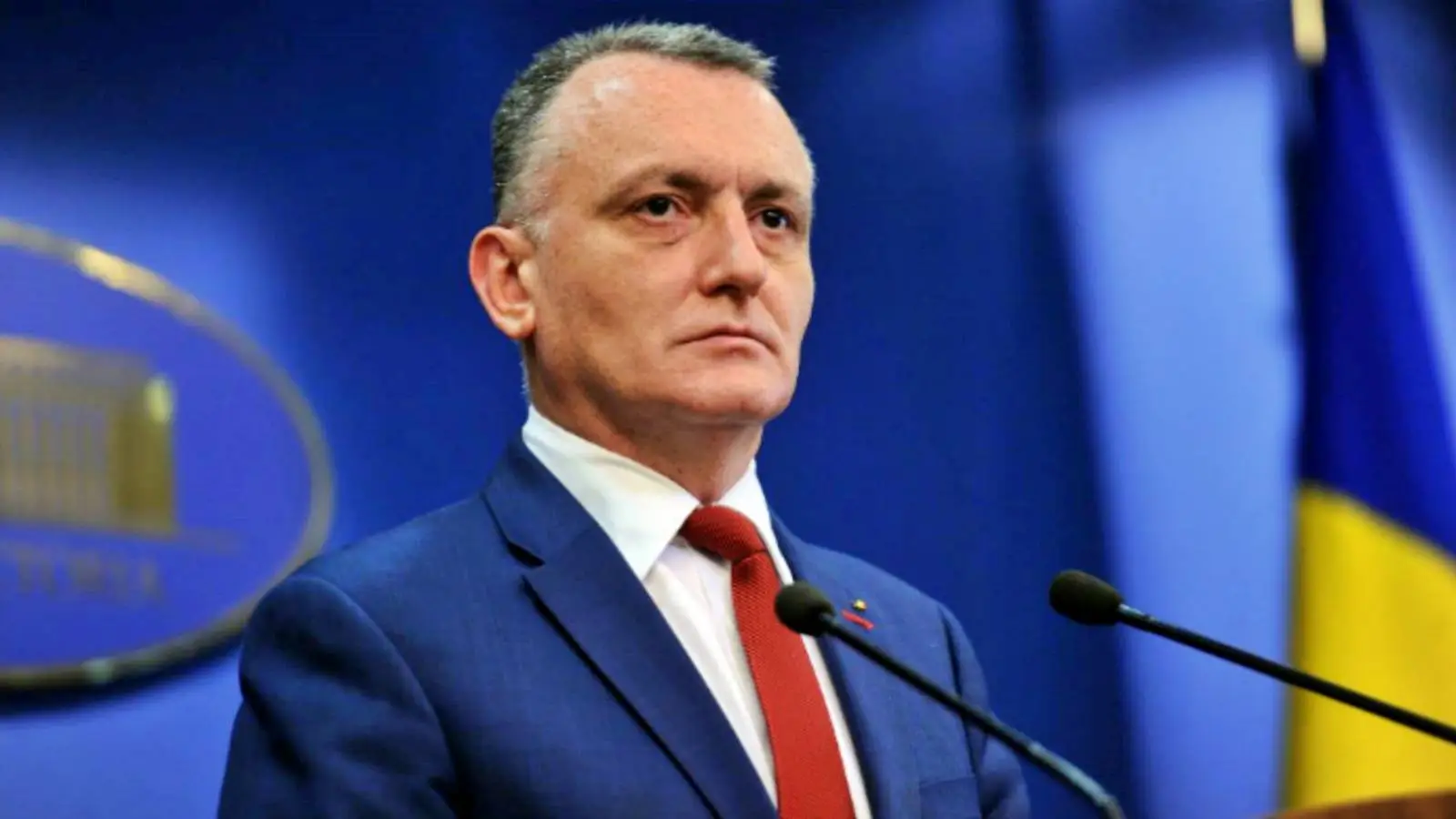The Minister of Education has confirmed for millions of Romanians from all over the country a series of extremely important changes, with national impact, which are being made for the first time in schools in Romania, changes aimed at bringing cutting-edge technologies and digitization to educational institutions.
The Minister of Education talks below about some of these changes, including laboratories with ultra-modern technologies, saying that education will be digitized in the coming years, all to the great benefit of Romanian students, who are the main beneficiaries of these colossal changes.
"As long as we have around 100.000 teachers, from the perspective of digital pedagogy, as long as I have stated that I support that process by which in each of the almost 100.000 classes in Romania we will have an interactive board, where what the teacher writes will no longer it disappears into nothing once I wipe it with the sponge, it can be transferred to a student's laptop/phone/tablet, I as a teacher know how I feel when what I write doesn't disappear.
I will prepare better, I will be more attentive, more careful, more structured. If I don't have advanced digital skills, and I will have that tool at hand, every day, in the classroom, with a simple search, I am in physics, biology, in any discipline through a simple open source search, I will be able to show them the lessons students in a very attractive way, which will make the school much friendlier.
This is a major objective, and as long as we have 10.000 integrated laboratories that have funding, and have digitization components, as long as we have 1.100 smart labs with advanced technologies such as 3D laser printing in schools, augmented reality, laboratories with robotics kits. 1.100 smart labs means about 25 for each county.
As long as from the 3.6 billion euros available for investments in education through PNRR, 1.13 billion euros are available for digitization, and we created by law that executive unit for support, maintenance, and technical assistance, for the first time, we created the possibility to work with external IT experts, knowing how difficult it is to find these experts.
We had standardized tests distributed to 150.000 students from grades 1 to 11, with the exception of the 4th grade, this distribution being done digitally. I think that all this constitutes enough evidence for the statement according to which "we want it, we don't want it, we want it, or we don't want it, the future of education will be much more digital than before".








